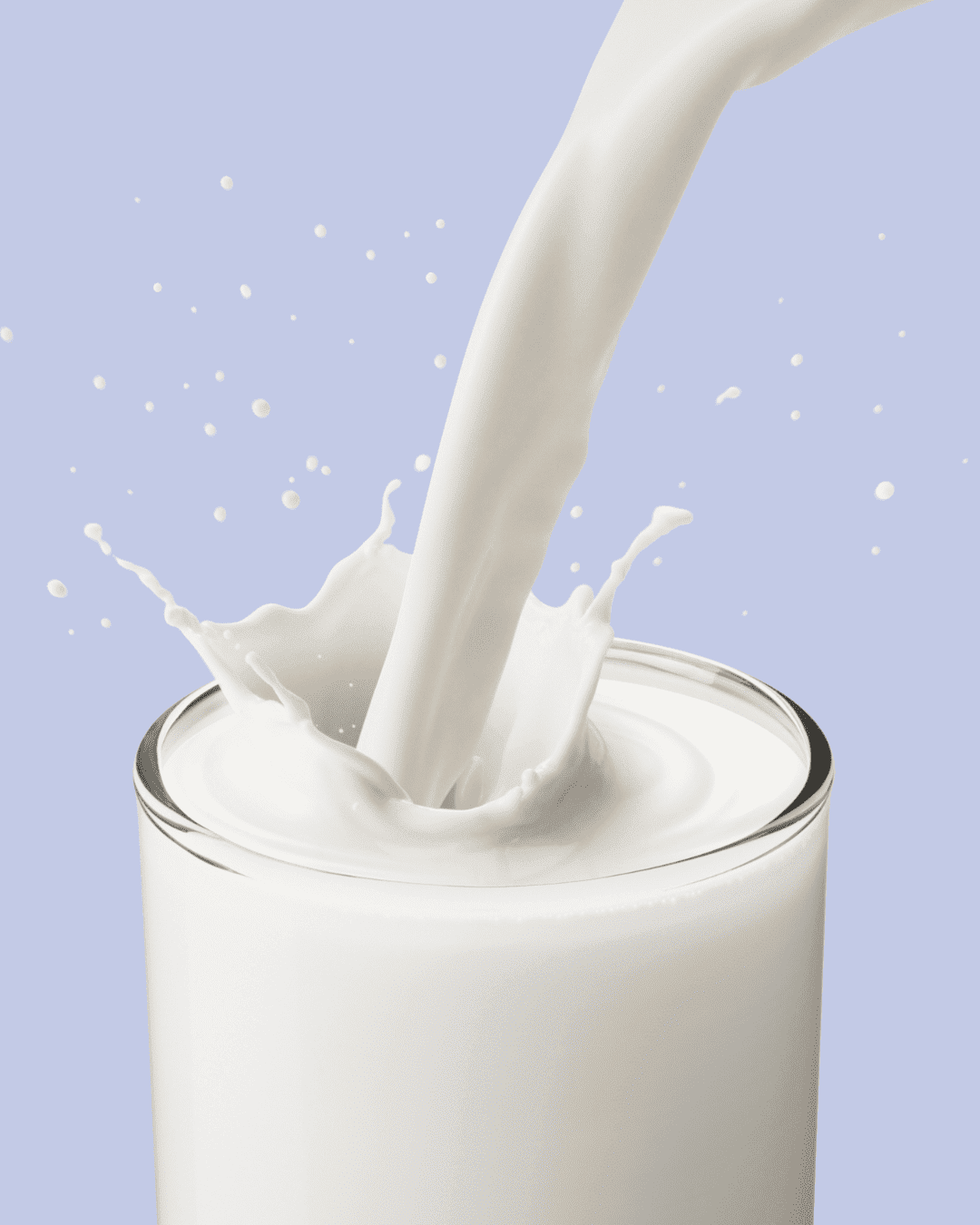
As humans, we’ve all likely been prescribed medications at some point in our lives to relieve pain, prevent disease or combat an infection. When it comes to fighting infection, your doctor may have prescribed a form of antibiotics to help with your symptoms. The drug will also come with a tall, or sometimes short list of foods to consume or avoid. That’s because of the interesting relationship between different medications and our dietary choices. In this post, we will talk about the fascinating world of food and drugs interactions using the frequently asked question: Can you drink milk while on antibiotics? as our case study. Prepare to learn about the unexpected effect of this seemingly innocent combination.
First let’s understand the Power of Antibiotics in Healing Before we embark on understanding the complexities of dietary and drug interactions. These powerful classes of medications are designed to fight off harmful bacteria and aid in the healing process. However, it’s essential to consider certain factors such as diet to ensure their effectiveness.
Now to your question “Can you enjoy a glass of milk while on antibiotics? The answer is not as straightforward as a simple “yes” or “no.” I know, you’re saying Aba! This isn’t the answer I need. Hold on let me explain further. Consuming dairy products, including milk, can indeed affect certain antibiotics. The key lies in understanding what types of antibiotics and how they are absorbed and metabolized within our bodies. To truly understand the interaction between antibiotics and food, let’s talk about complex biochemistry processes that takes place within our digestive system.
Certain antibiotics, such as tetracyclines and fluoroquinolones, can form chelates or complexes with the calcium present in dairy products. This bonding then absorption of the antibiotic, potentially reducing its effectiveness. Although the milk-antibiotic interaction may raise concerns, there are practical steps you can take to ensure your anti biotics do exactly what they ought to. Here are some tips:
In today’s article we’ve explored the often-overlooked connection between our diet and medications, with a particular focus on the interaction between milk and antibiotics. However, it’s important to note that this is just one example among many interactions that can occur. Here are a few more interactions to keep in mind:
By understanding and being aware of these interactions, you can actively contribute to your overall health and ensure the optimal effectiveness of your medications. Always remember to consult your healthcare provider or pharmacist for personalized guidance based on your specific medications and dietary needs.
In this blog post, we’ve explored the often-overlooked connection between our diet and medications, with a focus on milk and antibiotics, while bringing other interactions to light.
Now I’ll love to hear from you. Have you ever experienced any surprising interactions between your diet and medications? Go ahead and share your thoughts and questions in the comments below. Until our next blog post stay safe and healthy.
Explore our website for more valuable insights, practical tips, and delicious recipes to support your journey toward a healthier and happier you!
Written by – Soteria Aba Ntim- Adu, BSc/ MSc (PHN) , R. Nutr (Ghana) ANutr (AfN, UK)
References
Schmidt, L. E., & Dalhoff, K. (2002). Food-drug interactions. Drugs, 62(10), 1481–1502. https://doi.org/10.2165/00003495-200262100-00005
Stanton, I.C., Bethel, A., Leonard, A.F.C. et al. What is the research evidence for antibiotic resistance exposure and transmission to humans from the environment? A systematic map protocol. Environ Evid 9, 12 (2020). https://doi.org/10.1186/s13750-020-00197-6
National Center for Biotechnology Information. NCBI (2023) https://www.ncbi.nlm.nih.gov/books/NBK361005/

Join Weight Goals with Aba’s WhatsApp community and gain exclusive access to our hub of articles and recipes. Be part of a supportive community, receive valuable insights, and stay up-to-date with the latest in nutrition, fitness, lifestyle, and medicine. Elevate your weight goals journey by joining us today.

Talk to Aba